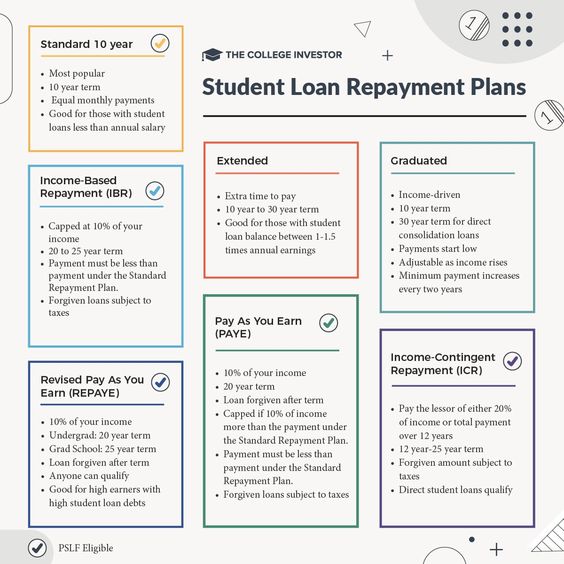 Embarking on a journey to study abroad is an exciting endeavor, but it comes with its share of responsibilities, particularly when it comes to finances. Securing a student visa requires careful consideration of the financial aspects to ensure a smooth application process and a successful transition to studying in a foreign country. In this guide, we will delve into the essential financial requirements for student visa applications, covering proof of funds, scholarship impacts, and tips for managing your budget abroad.
Embarking on a journey to study abroad is an exciting endeavor, but it comes with its share of responsibilities, particularly when it comes to finances. Securing a student visa requires careful consideration of the financial aspects to ensure a smooth application process and a successful transition to studying in a foreign country. In this guide, we will delve into the essential financial requirements for student visa applications, covering proof of funds, scholarship impacts, and tips for managing your budget abroad.
Proof of Funds:
One of the primary requirements for obtaining a student visa is demonstrating that you have sufficient funds to cover your tuition fees, living expenses, and other related costs during your stay in the host country. Most immigration authorities require applicants to provide evidence of financial stability, typically in the form of bank statements, sponsorship letters, or scholarship awards. It’s crucial to carefully review the specific financial documentation requirements outlined by the immigration authorities of the country you plan to study in and ensure that your documentation meets their criteria.
Scholarship Impacts:
If you have been awarded a scholarship to fund your studies abroad, it can significantly impact your visa application process. While scholarships can alleviate some of the financial burdens associated with studying abroad, it’s essential to communicate this effectively in your visa application. Provide clear documentation of your scholarship award, including details of the amount, duration, and any conditions attached to the scholarship. Immigration authorities may require additional proof of funds to supplement your scholarship if it does not cover all of your expenses. Be transparent about your financial situation and ensure that you have contingency plans in place to cover any gaps in funding.
Managing Your Budget Abroad:
Once you have secured your student visa and arrived in your host country, prudent financial management becomes paramount. Create a detailed budget that outlines your anticipated expenses, including accommodation, food, transportation, healthcare, and leisure activities. Research the cost of living in your host country and be realistic about your spending habits. Look for opportunities to save money, such as opting for student discounts, cooking meals at home, or using public transportation instead of taxis.
Additionally, explore part-time job opportunities or internships that allow you to earn extra income while studying. However, be mindful of any restrictions on employment imposed by your student visa and prioritize your academic commitments. Consider opening a local bank account to manage your finances more efficiently and avoid excessive currency exchange fees.
Conclusion:
Understanding the financial requirements for student visa applications is essential for prospective international students. By carefully preparing your proof of funds, considering the impact of scholarships, and adopting effective budgeting strategies, you can navigate the visa application process successfully and enjoy a rewarding academic experience abroad. Remember to seek guidance from your university’s international student office or immigration advisors if you have any quest